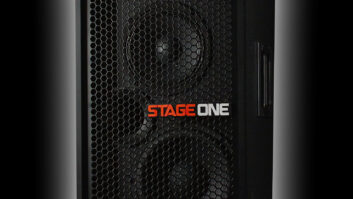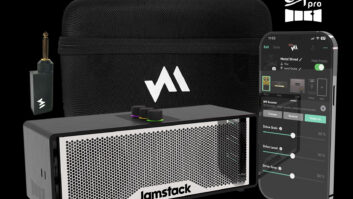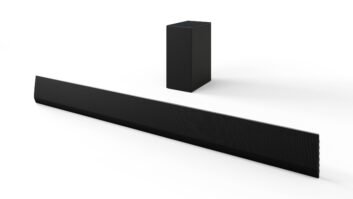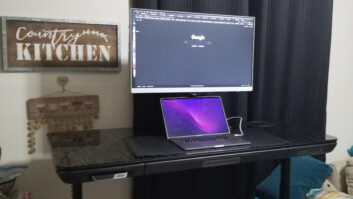NEW YORK – A flurry of recent activity among wireless charging spec competitors highlighted the progress made by all, but further clouded the industry’s expectation that one unifying standard will emerge in the near future.
The Wireless Power Consortium (WPC), whose open Qi standard has gained early acceptance by smartphone suppliers, announced that Qualcomm and Verizon Wireless have been added to its management board, joining others including HTC, LG Electronics, Nokia, Panasonic, Sony, Texas Instruments and Toshiba, among 24 board members.
In other news, Daimler announced that Qi charging surfaces will become available in its 2014 Mercedes-Benz car models. The announcement comes on the heels of a decision by the CE4A coalition of German automakers to adopt Qi as its standard for in-vehicle wireless charging. The CE4A includes Audi, BMW, Daimler, Porsche and Volkswagen.
The Mercedes models will join other car models including the Jeep Cherokee, Toyota Avalon, Toyota Prius and SsangYong Chairman in featuring built-in Qi charging surfaces.
More announcements from CE4A members regarding the rollout of Qi charging in specific models are expected, according to WPC chairman Menno Treffers.
Treffers told TWICE that there are upward of 330 devices on the market worldwide employing the Qi standard, including more than 70 smartphone models. Membership in the WPC is up 28 percent in the last six months, and more than 170 companies worldwide now support the Qi standard, Treffers said.
Meanwhile, the Bluetooth SIG and Alliance for Wireless Power (A4WP) last week announced the signing of a memorandum of understanding that aims to embed “smart wireless charging” capabilities into all devices using the Bluetooth Smart radio standard.
As a first step, the Bluetooth SIG has issued a universally unique identifier to the A4WP for adoption in its baseline system spec that utilizes the Bluetooth Smart radio standard to carry the session management and power control between an A4WP charging station and any A4WP-certified device.
In a joint statement, the Bluetooth SIG and A4WP said the benefits of such an integration will include the quicker initiating of a charge when a device comes into contact with charging surfaces; improved power control features, such as giving one device prioritized charging when multiple devices are charging at the same time; and the creation of a new class of applications by OEMs and developers to leverage smart wireless charging with capabilities such as mobile payments and location-based services, among others.
“By combining Bluetooth Smart with magnetic resonant wireless power-transfer technology, the A4WP delivers a next-generation user experience that features one charging station to many simultaneous devices; freedom of placement on tabletops, desktops and automotive environments; and charging solutions that scale seamlessly from wireless headsets to smartphones, to tablets and laptops,” said Dr. Kamil A. Grajski, president of the A4WP.
Suke Jawanda, chief marketing officer of the Bluetooth SIG, added: “Adoption of Bluetooth Smart into A4WP wireless power technology allows us to completely re-imagine what wireless charging is and does. It opens the door to an entirely new class of wireless power applications, services and communication solutions that can activate when devices come into contact with wireless charging surfaces — maybe ordering and paying for a meal by simply putting your phone on a table. The opportunities are limitless, but made more realistic through this partnership.”
For its part, the Power Matters Alliance (PMA), whose Powermat standard has been embedded in U.S. Starbucks locations, McDonald’s restaurants in Europe, and public gathering venues like airports and sports arenas, announced that Qualcomm has also joined the PMA, as its 100th member, marking a 20-fold increase in membership in the 12 months since AT&T and Starbucks joined its board.
The PMA said Qualcomm will also assume a senior leadership role within the PMA, and with the company’s help, the PMA’s resonant working group will shortly present a specification that will enable PMA devices to receive power both through low-frequency induction, which is traditional magnetic coupling and via high-frequency resonance, which allows “contactless” charging.













